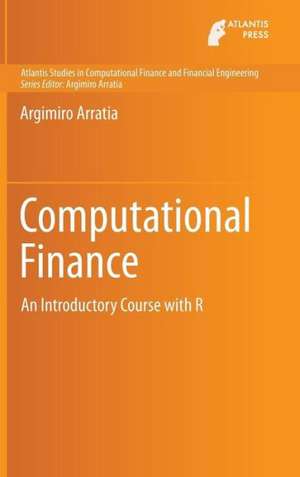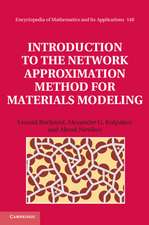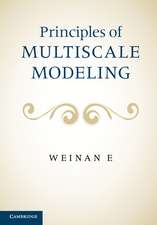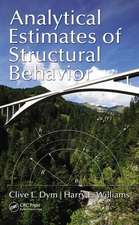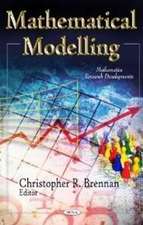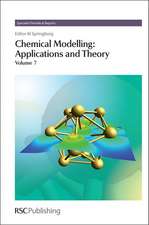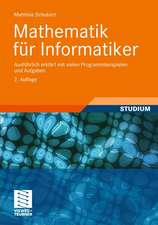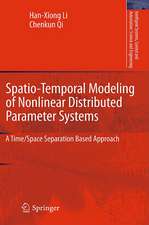Computational Finance: An Introductory Course with R: Atlantis Studies in Computational Finance and Financial Engineering, cartea 1
Autor Argimiro Arratiaen Limba Engleză Hardback – 20 mai 2014
Preț: 477.28 lei
Preț vechi: 561.50 lei
-15% Nou
Puncte Express: 716
Preț estimativ în valută:
91.36€ • 99.27$ • 76.79£
91.36€ • 99.27$ • 76.79£
Carte tipărită la comandă
Livrare economică 21 aprilie-05 mai
Preluare comenzi: 021 569.72.76
Specificații
ISBN-13: 9789462390690
ISBN-10: 946239069X
Pagini: 312
Ilustrații: X, 301 p. 41 illus., 26 illus. in color.
Dimensiuni: 155 x 235 x 22 mm
Greutate: 0.59 kg
Ediția:2014
Editura: ATLANTIS PRESS
Colecția Atlantis Press
Seria Atlantis Studies in Computational Finance and Financial Engineering
Locul publicării:Paris, Netherlands
ISBN-10: 946239069X
Pagini: 312
Ilustrații: X, 301 p. 41 illus., 26 illus. in color.
Dimensiuni: 155 x 235 x 22 mm
Greutate: 0.59 kg
Ediția:2014
Editura: ATLANTIS PRESS
Colecția Atlantis Press
Seria Atlantis Studies in Computational Finance and Financial Engineering
Locul publicării:Paris, Netherlands
Public țintă
GraduateCuprins
An abridged introduction to finance.- Statistics of financial time series.- Correlations, causalities and similarities.- Time series models in finance.- Brownian motion, binomial trees and Monte Carlo simulation.- Trade on pattern mining or value estimation.- Optimization heuristics in finance.- Portfolio optimization.- Online finance.- Appendix: The R programming environment.
Caracteristici
Teaches how to use the statistical tools and methods available in the free software R, for processing and analyzing real financial data Numerous step-by-step examples of programming in R will teach the reader how to build forecasting models of price and volatility (e.g. ARMA, GARCH, machine learning models such as neural networks and support vector machines); clustering of financial time series; do all type of option valuation with Monte Carlo simulations; construct technical analysis indicators, fundamental analysis of business, and portfolio management Provides an easy-to-read review of the basic principles of finance, and an introduction to the basic tools of professional investors (Technical and Fundamental Analysis), hence making it partly accessible to a general audience (with mathematical and business inclinations) Reviews the most fundamental optimization heuristics in finance, and some of the approximation algorithms for online portfolio selection that should motivate computer science students to research in Computational Finance Includes supplementary material: sn.pub/extras
